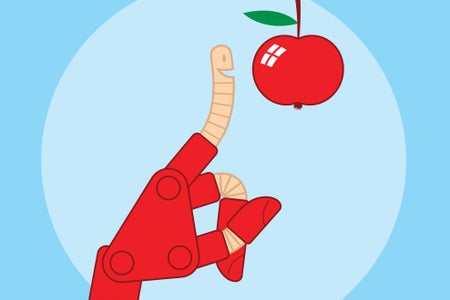
Scientists Make ‘Cyborg Worms’ with a Brain Guided by AI
AI and tiny worms team up to get to treats
Matthew Hutson is a freelance science writer based in New York City and author of The 7 Laws of Magical Thinking.

Scientists Make ‘Cyborg Worms’ with a Brain Guided by AI
AI and tiny worms team up to get to treats
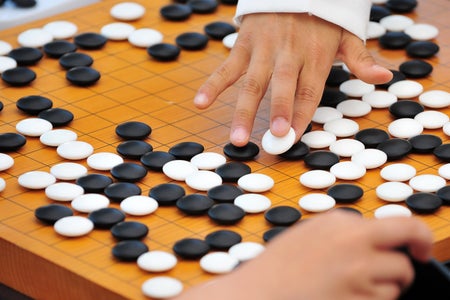
Can AI Be Superhuman? Flaws in Top Gaming Bot Cast Doubt
By learning exploits from adversarial AI, people could defeat a superhuman Go-playing system
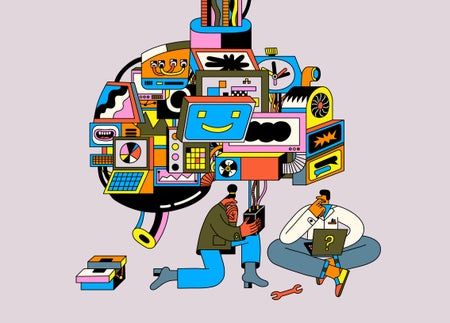
How Does ChatGPT Think?
Researchers are striving to reverse-engineer artificial intelligence and scan the “brains” of LLMs to deduce the how any why of that they are doing
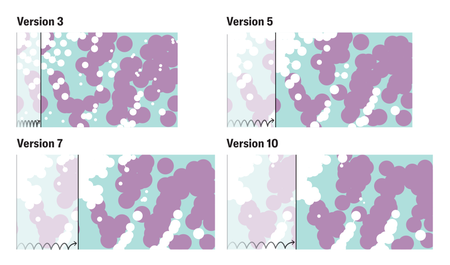
Computers Sculpt Hopping Gelatinous Robots
These bloblike bots have been optimized for speed

That Tip-of-the-Tongue Feeling May Be an Illusion
When you can’t remember a word, it might only feel like it’s on the tip of your tongue
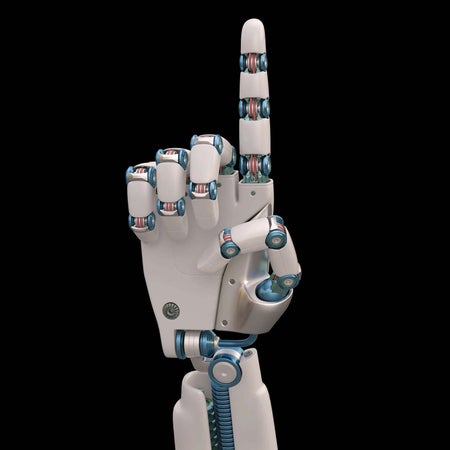
Transforming Robots Help to Transfer Skills
How do you teach a new robot old tricks?
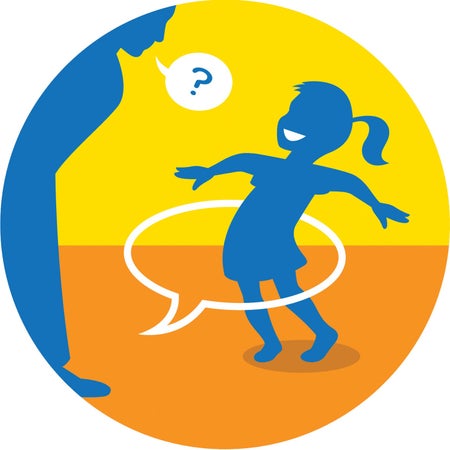
Tired Adults May Learn Language like Children Do
Lowered conscious reasoning can aid sound-pattern recognition
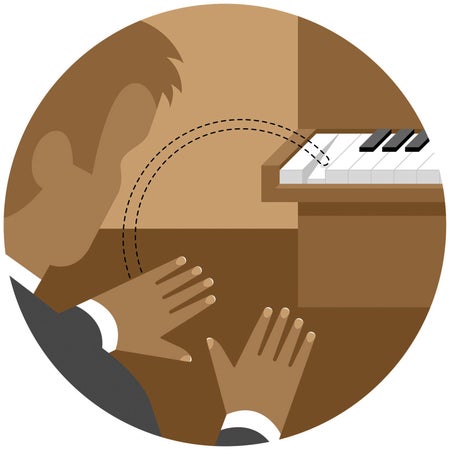
Researchers Make a Phantom Sixth Finger Grow and Shrink
An unsettling illusion points to both philosophy and robotics

Students Who Gesture during Learning ‘Grasp’ Concepts Better
Hand movement appears to help in teaching about statistical models

‘Saving the World’ Inspires More Female Founders
How different messages motivate entrepreneurs
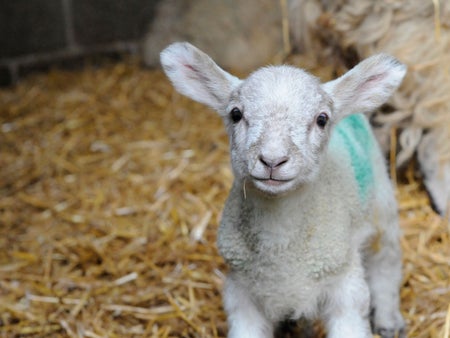
Ethics Lesson May Hold outside the Classroom
One college class discussion had weeks-long effects on meat consumption
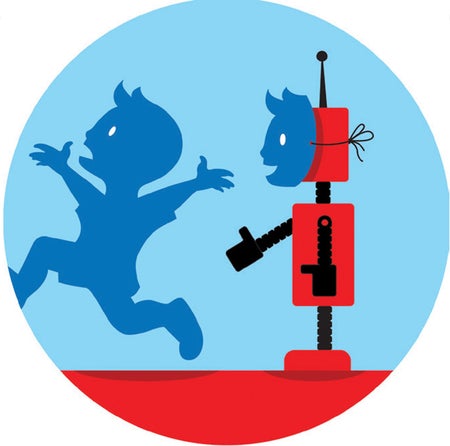
People Don’t Learn to Trust Bots
AI elicits better cooperation through deception
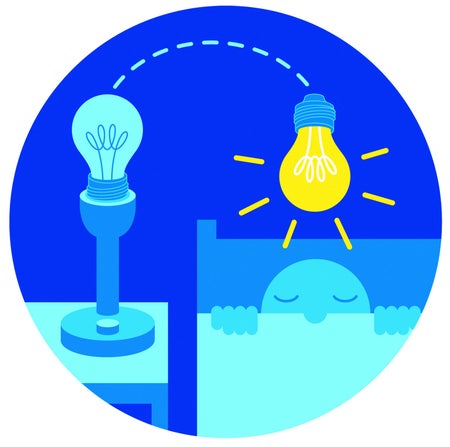
Technique Takes Sleepers from Zzz to Aha!
Reactivating remembered problems during sleep can trigger solutions
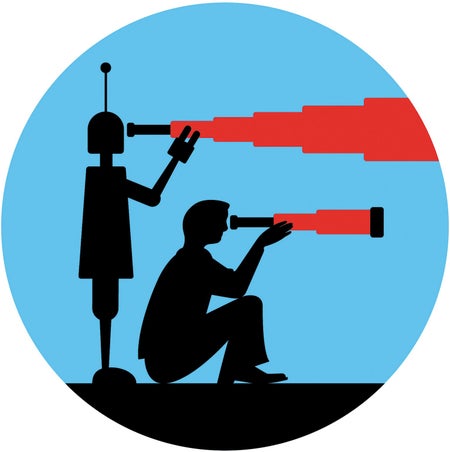
Automating History’s First Draft
Computers can tell what will matter (slightly) better than humans can

Comparing Beauty in Math and Art
People pair mathematical proofs with paintings and pieces of music similarly
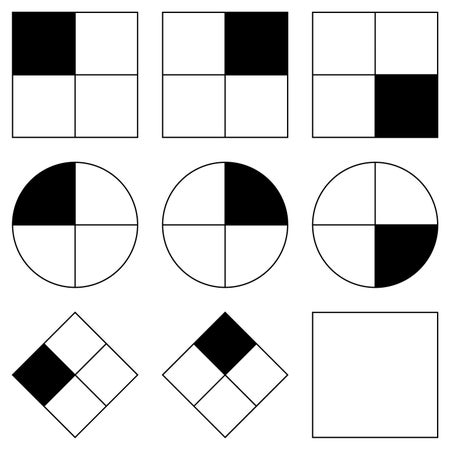
Interactive IQ Test May Better Predict Real-World Achievement
A click-and-drag version of a common intelligence assessment more closely resembles real problem-solving
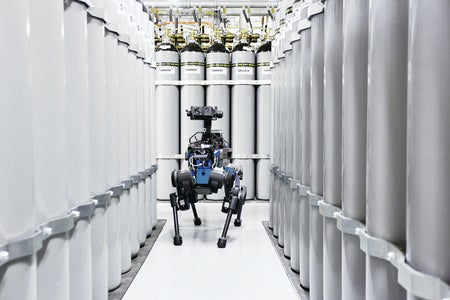
Doglike Robots Learn New Tricks
Quadruped robots simulate their skills before going out in the real world
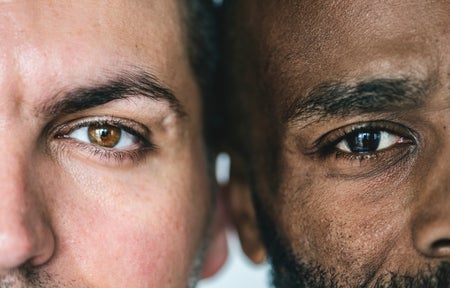
Implicit Biases toward Race and Sexuality Have Decreased
New findings suggest that internalized attitudes can change—but not for all identity groups

Bad First Impressions Are Not Set in Stone
People are more willing to change their mind about people they initially deem “nasty” versus those they deem “nice”
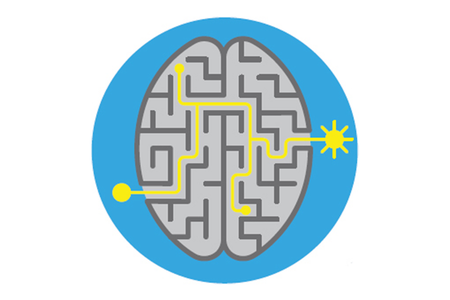
Artificial Intelligence Is Learning to Keep Learning
A new machine-learning technique mimics the brain’s ability to adapt to new circumstances

Why Are There So Few Female Leaders?
Women are more likely to be viewed as leaders after longer interactions

Facebook Use Linked to Gender Equality
Social network activity may reduce the male-female power imbalance
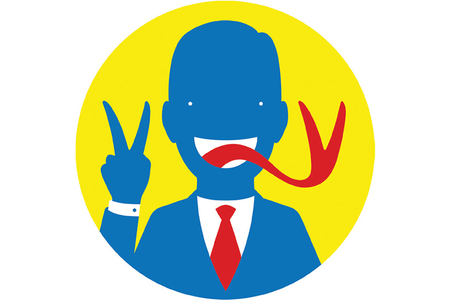
Honest Liars: Dishonest Leaders May Be Perceived as Authentic
Donald Trump’s election suggests supporters view an outsider’s lies as symbolic protests against the establishment
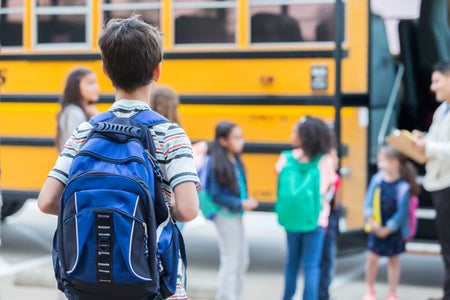
Wealthy Families Invest More in Sons
High-income parents spend more on blue backpacks than pink ones, research suggests